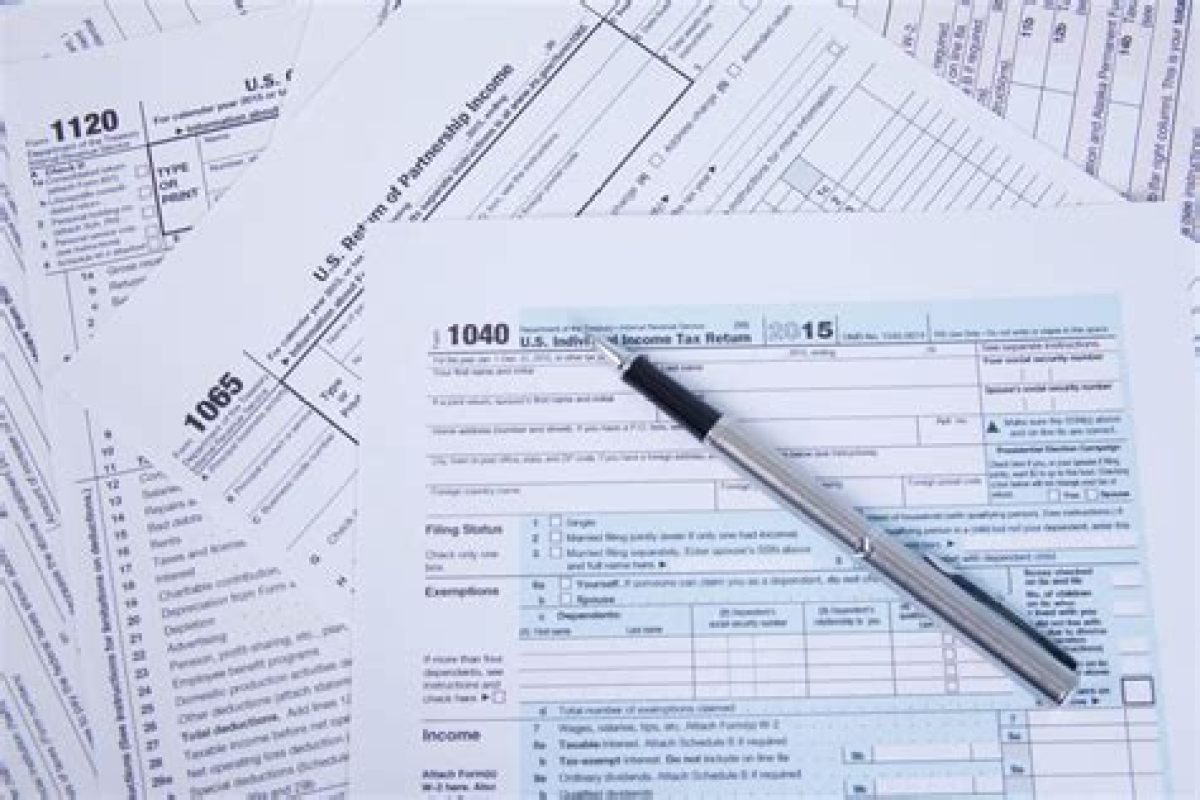Investing in real estate can be a lucrative venture, but it comes with its share of financial considerations, particularly during tax season. The good news is that there are numerous tax deductions available to property investors that can help lower your tax liability. Understanding these deductions can make a significant difference in maximizing your investment returns. Here, we’ll outline the most important tax deductions every property investor should be aware of in 2024.
1. Mortgage Interest
Overview: One of the most significant tax deductions for property investors is mortgage interest. If you have a loan on your rental property, the interest portion of your mortgage payments is deductible.
Key Points:
- You can deduct the interest on the mortgage for your rental property, reducing your taxable income.
- This deduction applies to both first and second mortgages, as well as any additional loans used for property improvements.
Why It Matters: The mortgage interest deduction can be substantial, especially for investors with larger loans. It allows you to offset a significant part of your rental income.
2. Property Depreciation
Overview: Property depreciation is the process of deducting the cost of a property over a set period (usually 27.5 years for residential properties). This allows investors to account for the gradual decrease in property value.
Key Points:
- Depreciation is a non-cash expense, meaning it doesn’t involve any actual expenditure but can still provide a significant tax deduction.
- The property value is separated into two parts: the land and the building. Only the building can be depreciated.
Why It Matters: Depreciation can greatly reduce your taxable income, potentially lowering your tax bill by thousands of dollars each year.
3. Property Management Fees
Overview: If you hire a property management company to handle your rental, the fees you pay for their services are deductible.
Key Points:
- These fees include payments made to property management companies for managing tenant relations, maintenance coordination, and other property-related services.
- Ensure you have proper documentation, such as invoices or contracts, to claim these deductions.
Why It Matters: Deducting property management fees can reduce your overall income tax, improving your cash flow from rental income.
4. Repairs and Maintenance
Overview: Expenses related to the maintenance and repair of your rental property are fully deductible. This includes anything that keeps the property in good working condition and doesn’t add value to the property or extend its life.
Key Points:
- Repairs that can be deducted include fixing leaky faucets, painting, or replacing a broken appliance.
- On the other hand, improvements or renovations that increase the property’s value or extend its lifespan, such as adding a new roof or remodeling the kitchen, are considered capital expenses and must be depreciated over time.
Why It Matters: Regular maintenance keeps your property in top shape and helps you manage your tax bill by reducing your taxable income in the current year.
5. Insurance Premiums
Overview: The cost of insurance premiums for your rental property is another deductible expense. This includes homeowners’ insurance, landlord insurance, and even specific policies like flood insurance if applicable.
Key Points:
- You can deduct premiums on policies that protect against potential property damage, liability claims, and loss of rental income.
- Ensure that the insurance is specifically for the rental property and not for personal use.
Why It Matters: Deducting insurance premiums helps protect your investment while reducing your tax obligations.
6. Property Taxes
Overview: Property taxes are deductible expenses for rental property owners. You can claim the property taxes you pay as a business expense.
Key Points:
- The amount you deduct must match the property taxes that are assessed and paid during the tax year.
- Keep detailed records of your tax bills and payments to avoid issues during tax filing.
Why It Matters: Property taxes can be significant, so deducting them can provide valuable tax relief.
7. Travel Expenses
Overview: If you travel to your rental property for maintenance or to manage tenant issues, those expenses can be deductible.
Key Points:
- Deductible travel expenses include mileage, airfare, hotel stays, and meals while on business trips related to your rental property.
- Keep detailed records, including receipts and a mileage log, to substantiate your travel deductions.
Why It Matters: Travel expenses can add up quickly when you need to oversee multiple properties or attend to urgent repairs.
8. Marketing and Advertising Costs
Overview: Marketing your rental property is an essential part of maintaining occupancy rates. The expenses related to advertising and marketing are fully deductible.
Key Points:
- This can include the cost of online ads, flyers, social media marketing, and even professional photography for property listings.
- If you use a real estate agent or property management company to advertise your rental, the associated fees are also deductible.
Why It Matters: Effective marketing helps minimize vacancy periods and maximize your income, and these expenses can lower your tax bill.
9. Legal and Professional Fees
Overview: Costs for legal services and other professional fees that relate to your rental property are deductible. This includes fees paid to attorneys, accountants, and consultants.
Key Points:
- Legal fees may include costs for drafting or reviewing leases, eviction notices, or legal consultations regarding property disputes.
- Professional fees for tax preparation that involve your rental income are also deductible.
Why It Matters: These fees can add up, so deducting them helps reduce the overall expense of managing your property.
10. Home Office Deduction
Overview: If you manage your rental property as part of your business and have a dedicated space in your home for property management activities, you may qualify for a home office deduction.
Key Points:
- The deduction applies to a portion of your rent or mortgage, utilities, and other home expenses that relate to the space used exclusively for managing your rental properties.
- Ensure the space is used regularly and exclusively for property management purposes to qualify.
Why It Matters: The home office deduction can provide additional savings, especially for those managing multiple properties from home.
Final Thoughts
Tax deductions for property investors can significantly impact your overall tax strategy. By taking advantage of these deductions, you can lower your taxable income and keep more of your hard-earned money. However, it’s essential to keep accurate records and consult with a tax professional to ensure compliance and maximize your benefits. Always stay informed about changing tax laws to make the most of your real estate investments.

Hello welcome to my real estate service blog
